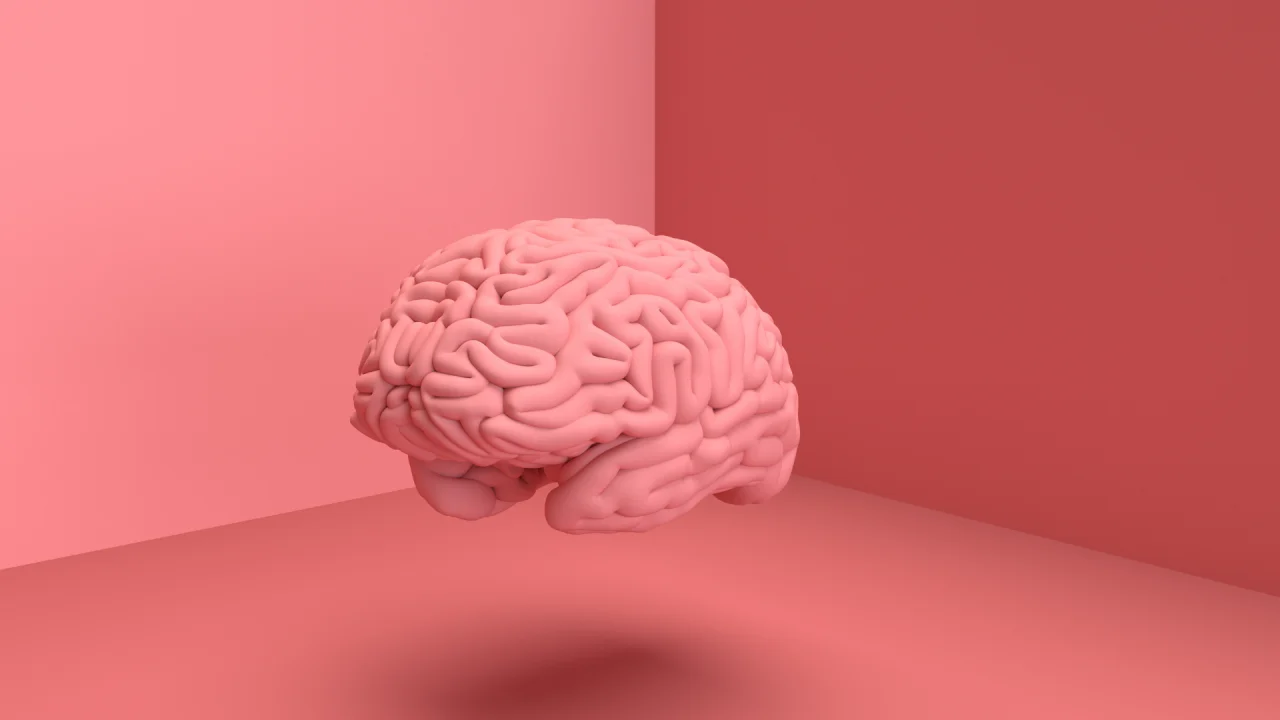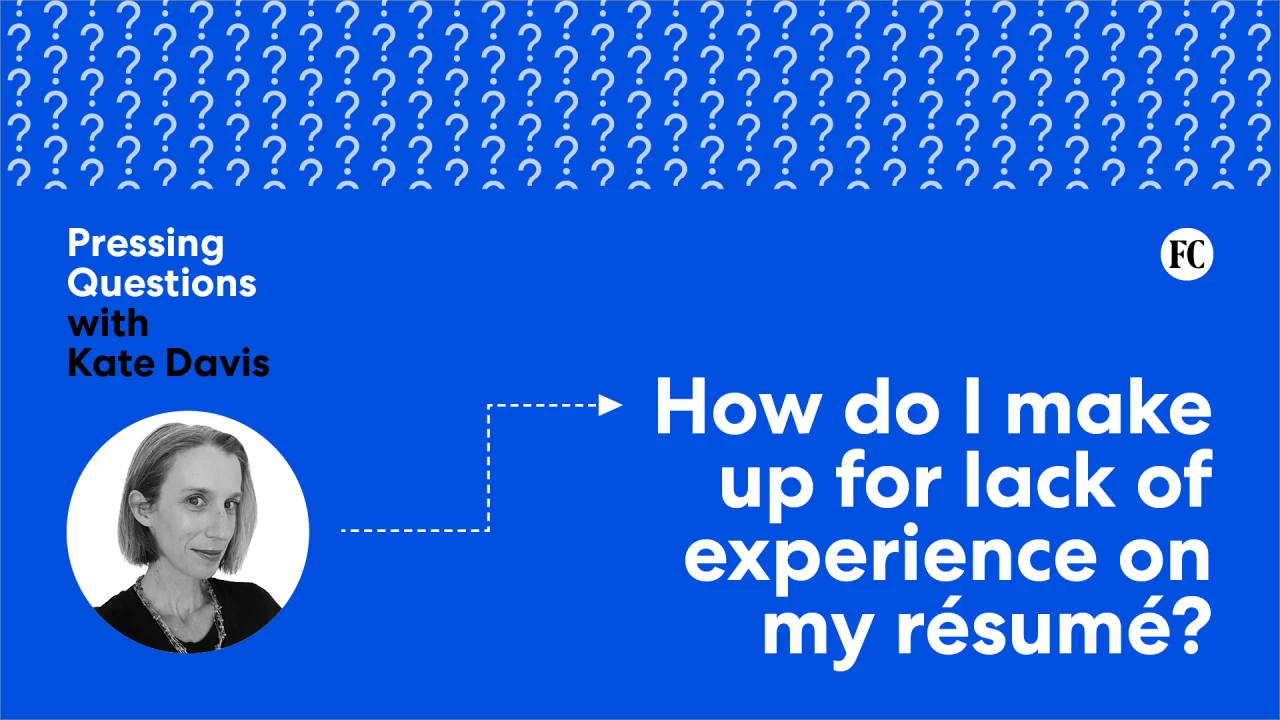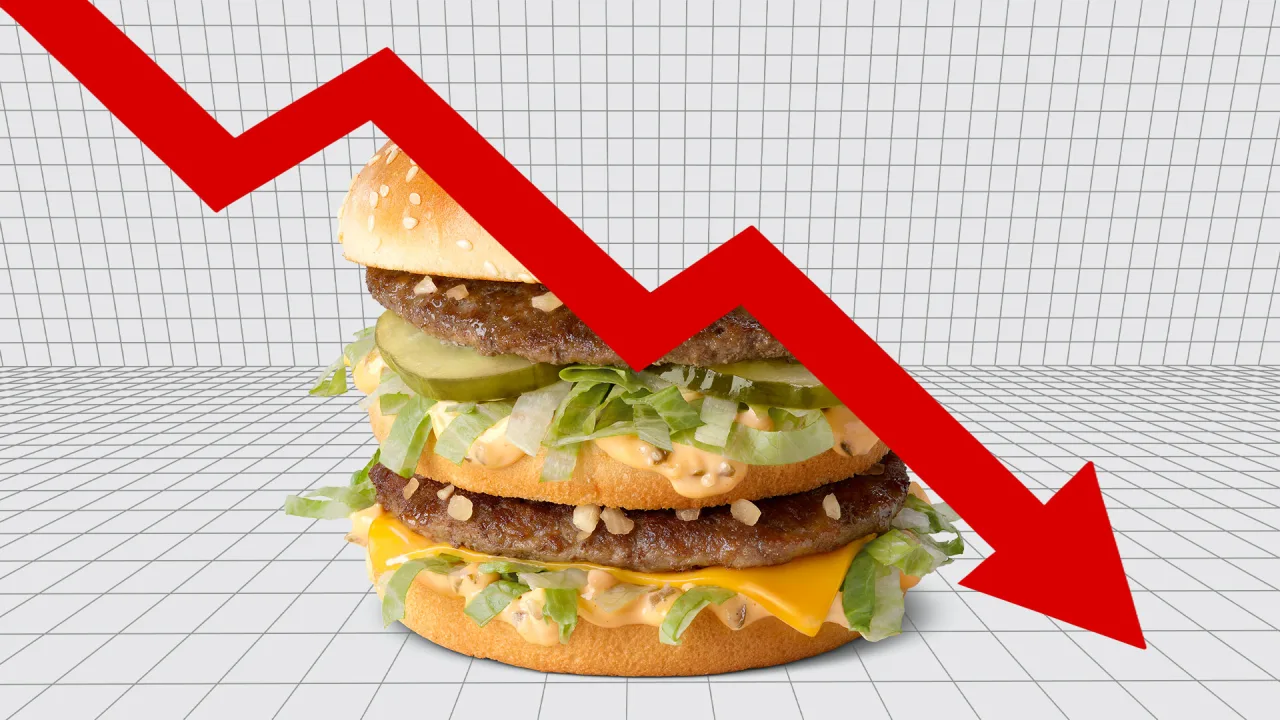The lab of the future: An artificial superintelligence for biology

The lab as we know it today is being transformed by how we think about medical research and drug discovery, as well as the intersection of artificial intelligence and biotechnology. As someone who has transitioned from a doctor to a tech CEO, I’ve witnessed firsthand how our mindset around medicine and innovation needs to evolve to keep pace with the accelerating changes in technology. In my journey, one of the most important lessons I’ve learned is: You can be too smart for your own good.
It may sound counterintuitive, but when building a company or investing in new technologies, the smartest people often fall into the trap of overcomplicating things. A brilliant idea isn’t always enough. You need the right people who can think creatively, take risks, and make it happen in the real world.
For me, the mindset shift from doctor to CEO was about understanding that it’s not just about medical knowledge; it’s about building the right ecosystem to nurture that knowledge and turn it into real and transformative change. I believe that a crucial part of that ecosystem for my company, Owkin, is a new form of intelligence: a biological artificial superintelligence (BASI) to complement the ingenious human minds working with us. Next generation AI tools, like K Navigator, Owkin’s agentic co-pilot for researchers, and K Pro for pharma, which is in the pipeline, will allow us to understand the full complexity of biology that has been beyond human understanding so far.
This forms the backbone of Owkin’s mission: We are creating the next-generation pharma focused on discovering cures and significantly enhancing pipeline value by developing a new intelligence system capable of decoding biological truths at scale.
AI can fill the innovation gap left by pharma
As the pharmaceutical industry increasingly focuses on a handful of blockbuster drugs, it’s leaving behind many areas of medicine that are crucial for the future of healthcare. Too many diseases remain uncured as traditional pharma struggles to navigate the complexity of biology to augment care with efficient new molecules and diagnostics.
From rare diseases to precision oncology, there’s an innovation gap that AI is perfectly positioned to fill. AI can identify previously overlooked opportunities and streamline the development of treatments that are highly personalized and targeted.
Unlike traditional pharmaceutical companies that are heavily reliant on large-scale, high-risk projects, AI companies can operate in a more agile, data-driven way. We can make smaller, more informed bets, leveraging machine learning and vast datasets to uncover insights that were once out of reach. This shift enables faster and more efficient drug discovery, with the added benefit of offering solutions for diseases that may not have attracted the attention of big pharma.
Cell lines alone aren’t going to work
Most traditional biological research has been based on cell lines—cells removed from the human body and grown in petri dishes.
But as we look to the future, there’s a growing realization that cell lines, and other traditional research methods, are becoming outdated. While once a staple in biomedical research, they do not accurately replicate the complexity of human biology, and they fail to capture the diversity and variability that exists in real patients.
AI-driven models are capable of moving beyond the limitations of cell lines by integrating data both from research done in cells and tissues removed from the body (in vitro) and from research done in living animals (in vivo). This validation approach, which incorporates multiple data types and sources, allows us to create more reliable and predictive models of human diseases.
Science is advancing, and so is regulation. The FDA’s recent announcement of plans to phase out animal testing in favor of “more effective, human-relevant methods” means that we are entering an era where therapies can be tested on human tissue models from the very start. In collaboration with leading academic centers, Owkin has developed a patient-derived, lab-grown organoid (a mini version of a human organ), a breakthrough that brings us closer to faster, more accurate, and humane drug discovery.
The combination of clinical data, genomic insights, and AI not only accelerates the development of new treatments but also increases their chances of success in clinical trials.
The lab of the future
The lab of the future will be one where AI is at the center, guiding discovery, improving precision, and increasing efficiency. Validation using real-world data will allow us to make better decisions and achieve higher rates of success. The traditional research process is being upended by these new technologies, and that’s a good thing. The future of medicine will not just rely on human expertise, but on the power of AI and data to transform how we understand and treat disease.
AI will deliver transformative therapies at an exponential scale, addressing the complexities of biology that traditional pharmaceutical approaches often cannot solve. Labs will become automated and serve as the ultimate playground for scientists, driving the future of drug discovery by harnessing the full potential of advanced AI systems.
In these dynamic labs, organoids and agents will come together to work in synergy, allowing scientists to model and simulate human biology with greater accuracy. AI-driven technology will decipher biological patterns to identify the patients most likely to respond to specific treatments, significantly improving the chances of success in clinical trials and beyond. Seamlessly integrating these cutting-edge tools into the lab environment will transform the way we approach drug discovery, targeting diseases with a level of precision that was previously unimaginable.
By pioneering the use of data, biology, and AI to decode the fundamental mechanics of disease and advance medical science, it will be possible to establish a foundation for the future of a “positive singularity” in medicine. Through this innovative ecosystem, AI can revolutionize medicine. The time to innovate is now, and the possibilities are endless.
Thomas Clozel is cofounder and CEO of Owkin.
What's Your Reaction?
 Like
0
Like
0
 Dislike
0
Dislike
0
 Love
0
Love
0
 Funny
0
Funny
0
 Angry
0
Angry
0
 Sad
0
Sad
0
 Wow
0
Wow
0
































































































